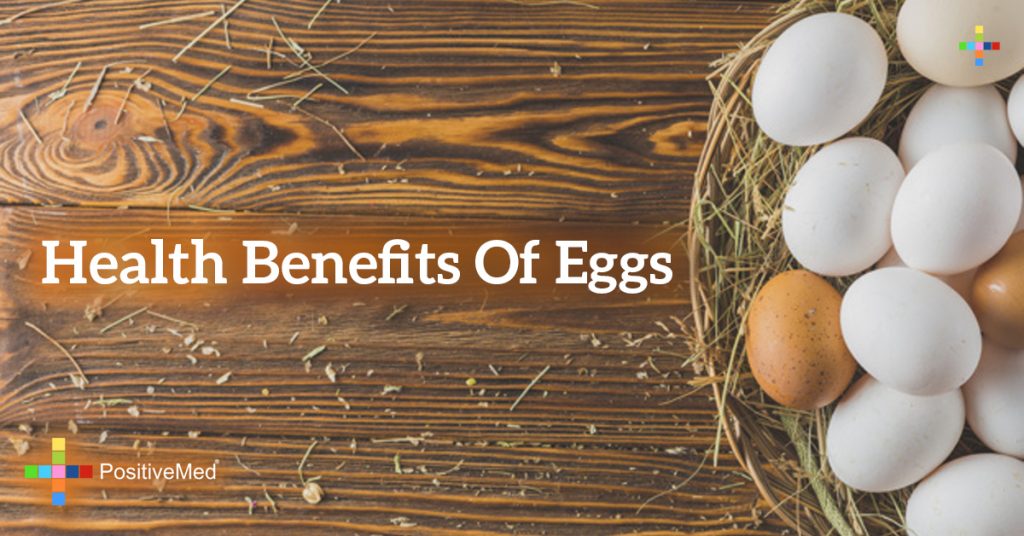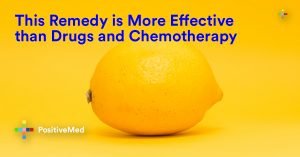
[Last Updated: January 16th 2013]
Eggs are excellent source of proteins. Also eggs are one of few foods naturally containing vitamin D. They are also a natural good source of vitamin A, B2, B6, B12 and folic acid and minerals such as iron, calcium, potassium and phosphorus.

Here is an interesting fact about egg’s cholesterol content from Fooducate : “ Eggs have see-sawed in popularity over the years due to their high cholesterol count (more than 65% of the recommended daily intake). Current studies are pointing favorably to the egg, showing that most of the cholesterol formed in the human body results from saturated and trans-fats, and not the cholesterol in the egg. Eggs have no trans-fat and only 8% of the daily value for saturated fat. “
On the other hand this is from Thomas Behrenbeck, M.D., Ph.D. of Mayoclinic.com:
“Chicken eggs are high in cholesterol, and a diet high in cholesterol can contribute to high blood cholesterol levels. However, how much the cholesterol in your diet can increase your blood cholesterol varies from person to person. Although eating too many eggs can increase your cholesterol, eating four egg yolks or fewer on a weekly basis hasn’t been found to increase your risk of heart disease.
When deciding whether to include eggs in your diet, consider the recommended daily limits on cholesterol in your food:
If you are healthy, it’s recommended that you limit your dietary cholesterol to less than 300 milligrams (mg) a day.
If you have cardiovascular disease, diabetes or a high low-density lipoprotein (LDL, or “bad”) blood cholesterol level, you should limit your dietary cholesterol to less than 200 mg a day.
One large egg has about 186 mg of cholesterol — all of which is found in the yolk. Therefore, if you eat an egg on a given day, it’s important to limit other sources of cholesterol for the rest of that day. Consider substituting servings of vegetables for servings of meat, or avoid high-fat dairy products for that day.
If you like eggs but don’t want the extra cholesterol, use only the egg whites. Egg whites contain no cholesterol. You may also use cholesterol-free egg substitutes, which are made with egg whites.”
We always recommend buying organic, cage-free or free-range eggs. Animal cruelty, specially in industrial facilities is very common. It’s a simple rule of nature: if chickens are happier and they’re farm-raised, and they’re not fed with crap, their eggs are healthier!







